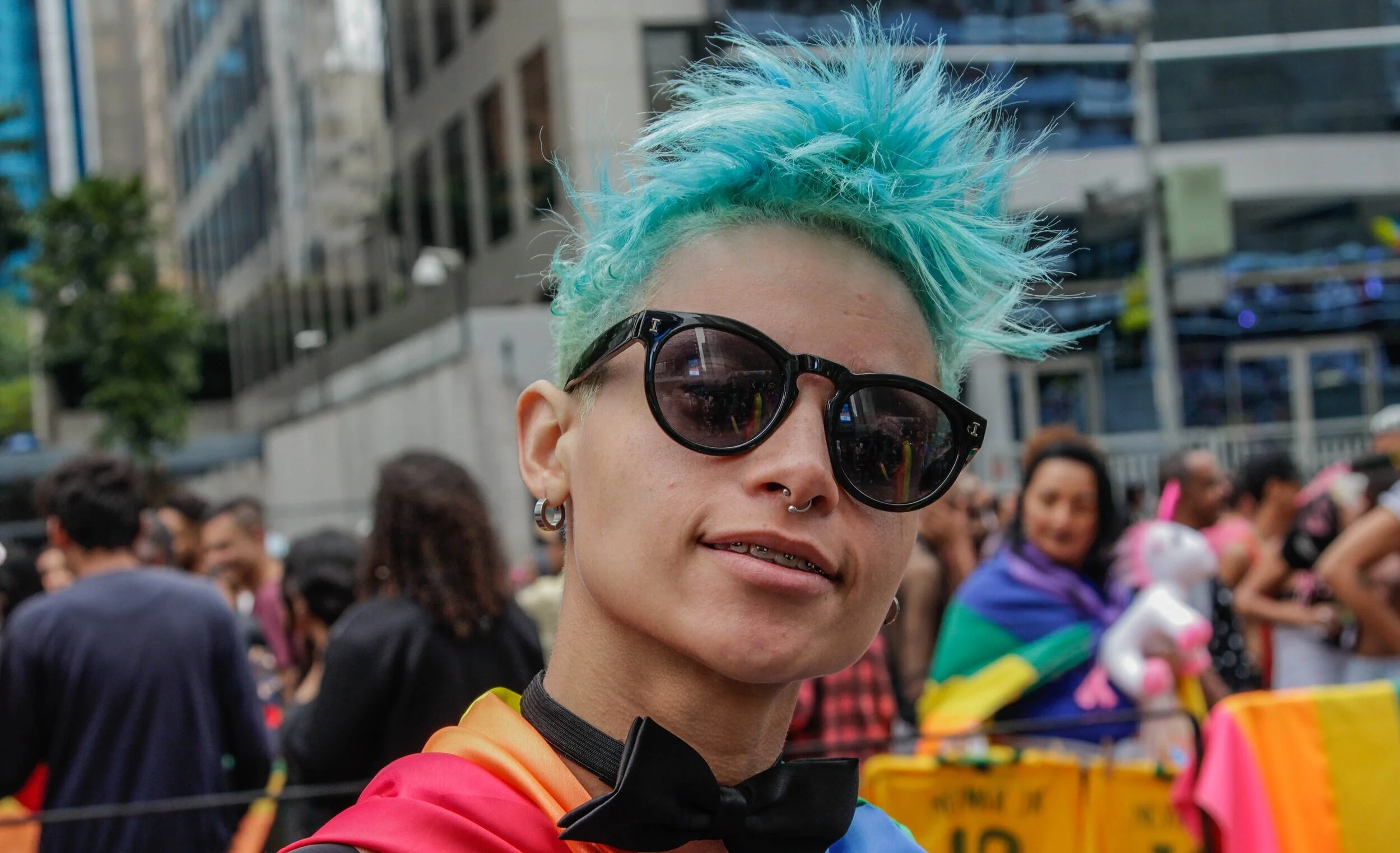GEN Z + DEI

THE EVOLUTION OF DEI: WHAT GEN Z IS TEACHING US
It’s a collective effort. And it’s ongoing.
I’ve been in rooms where Culture and Inclusion was a line item, and I’ve been in rooms where it was the lens. I’ve seen it treated as a passion project, a business case, a branding angle, and a compliance checkbox. I’ve watched it grow, get rebranded, get challenged, and recently, in some spaces, get quietly pushed aside.
But I’ve also spent a lot of time with Gen Z. And that’s where I feel something shifting.
This generation isn’t asking whether inclusion matters. They’re asking why it’s still being debated. They’re not impressed by bold statements or corporate pledges. They want to know what you actually do when no one is watching. They care deeply about mental health, environmental equity, pay transparency, and accountability in real time. And they notice everything. They are fluent in identity, aware of nuance, and unafraid to question performative practices. Not just from their employers, but from each other. It’s not cynicism. It’s clarity. And while that clarity can feel abrupt, I find it energizing.
We often ask whether DEI is evolving, fading, or being folded into other priorities. But when I listen to Gen Z, I hear something else entirely. I hear a reframing. Not of whether inclusion matters, but of how and where it shows up. Less in press releases, and more in daily choices. Less in pledges, and more in policies. Less talk, more receipts.
They’re not buying the brand. They’re watching the behavior.
They’re also not easily intimidated. They question titles, power structures, and long-standing traditions that don’t hold up under pressure. And they’re not waiting for permission to speak up. That isn’t a critique. It’s an observation. And frankly, an overdue one. Because many of us spent years finding the courage to say the things Gen Z raises in their first week on the job.
But let’s not forget something important. The space Gen Z now walks into didn’t create itself. Older generations pushed, insisted, showed up, and opened doors. They navigated systems that weren’t ready for the conversation, and they paved the way in quieter, harder seasons. The evolution of DEI doesn’t belong to one generation. It’s a collective effort. And it’s ongoing.
We Also Need to be Honest About Ageism
It’s one of the most accepted yet least discussed forms of bias in the workplace. If we’re building truly inclusive cultures, they must honor the experience, insight, and contributions of every generation. That means valuing early voices without dismissing institutional knowledge. It means welcoming new ideas while respecting lived wisdom. And it means creating space where all of us - not just the loudest or the latest - feel seen and supported.
Inclusion work doesn’t thrive in silos. It grows when we stretch across generational divides, ask better questions, and make room for shared growth. So no, DEI isn’t disappearing. It’s growing up. And Gen Z is helping lead the way, building on the foundation laid by those who came before.






